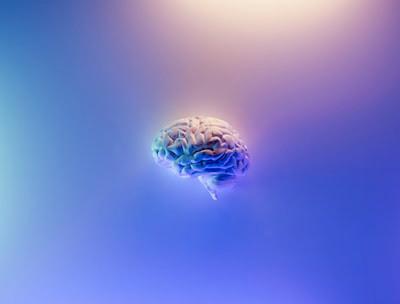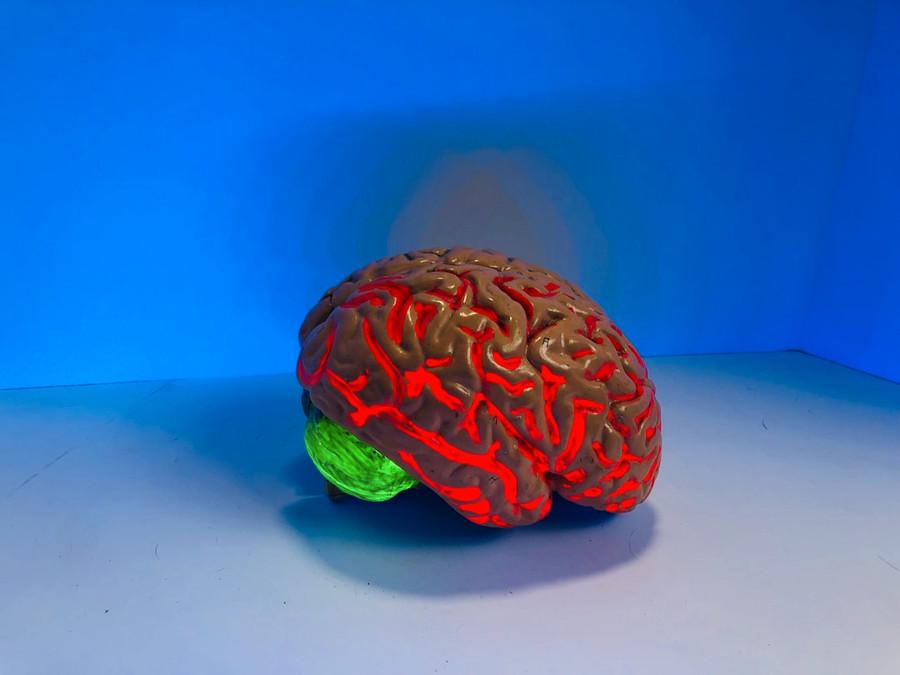Explore the World's Best Ideas
Join today and uncover 100+ curated journeys from 50+ topics. Unlock access to our mobile app with extensive features.
The Psychology Of A Loving Brain
Have you ever wondered what goes through your brain when you are in love?
If you have ever experienced your crush turning into love, it is safe to say that you assume the transition happened naturally. However, did you ever stop and think about why you felt such a significant emotional leap in the first place? What changes happen in your brain that make you fall deeply in love?
Experts explain that the process of romantic love involves a few complex changes, specifically in the reward system of the human brain, making you crave the objective of your affection.
18
340 reads
Romantic love is most constantly linked with activity in two regions of the brain – the caudate nucleus and the VTA or ventral tegmental area. These two areas play a key role in your reward pathway and control dopamine, the “feel good” neurotransmitter. It means that during the early phases of your love, you crave the other person because you feel so good thanks to them.
17
283 reads
These feelings persist over time. Studies seem to suggest that the moment you fall in love, provided that the relationship continues to be satisfying, thinking about your partner will not just make you feel good. At the same time, it can also help buffer against stress, pain, and all sorts of negative emotions and feelings.
Even if it is still early, those giddy initial stages of romantic love might feel somewhat different from the kind of love that has already been nurtured through the years. However, the human brain might not necessarily be able to identify the difference.
15
251 reads
Another study had participants who had already been married for 21.4 years on average. They reported that they still feel passionate love for one another, showing the same activity in areas rich in dopamine, such as the VTA, similar to those who are still in the early throes of love.
The neural patterns of romantic love appear to be universal across different sexual orientations, genders, and cultures. However, not all kinds of desire or love look the same. For example, platonic and romantic love might come with some distinct neural signatures.
16
202 reads
Studies also show that the neural processes that are responsible for sexual desire and attraction can take place together and might even often overlap with the ones that control romantic love, despite being mostly distinct from each other.
However, there is still no study to date that has followed just one person throughout the course of their romantic life to identify if neural changes take place over time. Today, experts continue to try to fill the gaps in how people understand love.
15
204 reads
Additional future research will probably tease apart the processes of the brain at work, from that initial awkward date to several years after the couple has exchanged their first “I love you.” Supplementary work will also look into the underlying neural processes linked with the different forms of love associated with friends, family, things, and places.
The physiology of a loving brain is a complex one, but one thing is for sure, love in and of itself is a great feeling to have.
15
179 reads
IDEAS CURATED BY
Farha Naaz's ideas are part of this journey:
Learn more about loveandrelationships with this collection
How to create customer-centric strategies
The importance of empathy in customer success
The impact of customer success on business growth
Related collections
Similar ideas
Read & Learn
20x Faster
without
deepstash
with
deepstash
with
deepstash
Personalized microlearning
—
100+ Learning Journeys
—
Access to 200,000+ ideas
—
Access to the mobile app
—
Unlimited idea saving
—
—
Unlimited history
—
—
Unlimited listening to ideas
—
—
Downloading & offline access
—
—
Supercharge your mind with one idea per day
Enter your email and spend 1 minute every day to learn something new.
I agree to receive email updates

